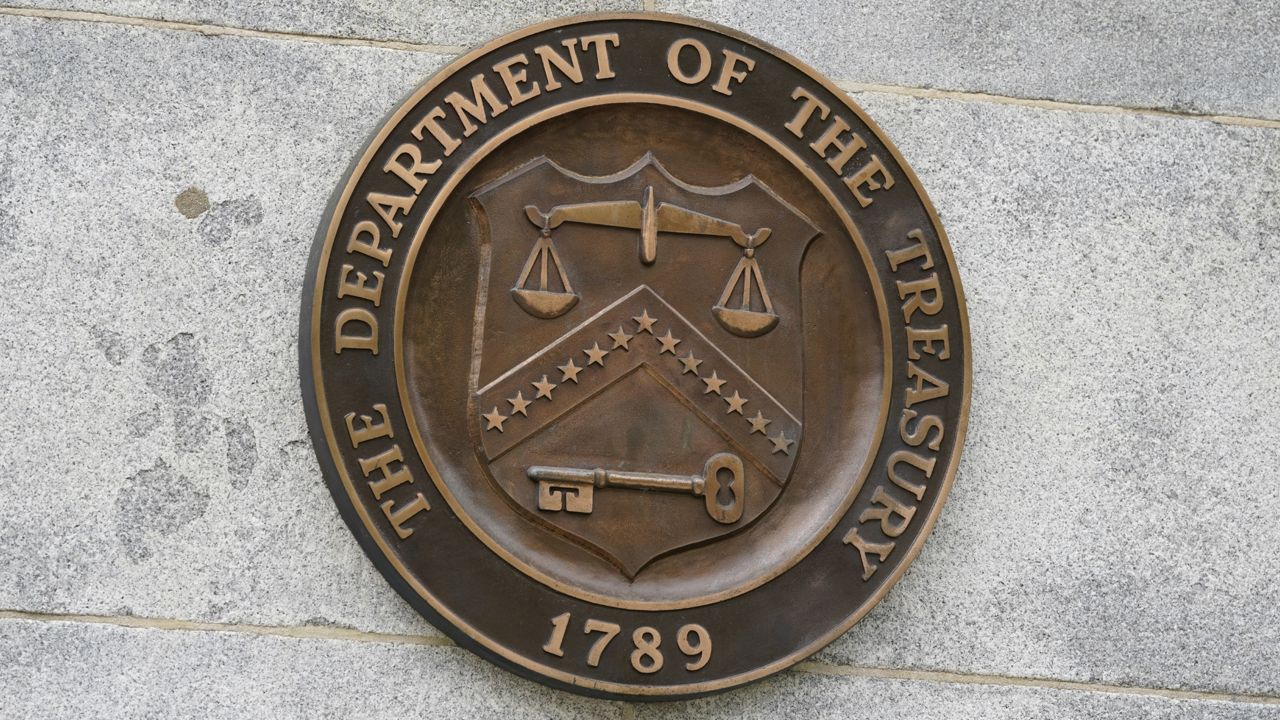The U.S. Department of the Treasury on Thursday announced new sanctions against five individuals located in Turkey accused of providing material assistance to al-Qaida.
The sanctioned individuals are Majdi Salim, Nasr al-Din al-Ghazlani, Nurettin Muslihan, Cebrail Guzel and Soner Gurleyen. Muslihan, Guzel and Gurleyen are all Turkish nationals; al-Din al-Ghazlani and Salim hail from Egypt.
All five men are accused of “having materially assisted, sponsored, or provided financial, material, or technological support for, or goods or services to or in support” of al-Qaida while residing in Turkey, per the Treasury Department.
“These targeted sanctions highlight the United States’ unwavering commitment to sever financial support to al-Qa’ida,'' director of the Office of Foreign Assets Control Andrea Gacki wrote in a statement. “We will continue working with our foreign partners, including Turkey, to expose and disrupt al-Qa’ida’s financial support networks.”
The new sanctions mean any property or assets owned in the U.S. by those named must be reported to the federal government, and in general prohibits “all transactions by U.S. persons or within the United States (including transactions transiting the United States) that involve any property or interests in property of blocked or designated or otherwise blocked persons.”
The sanctions were delivered under E.O. 13224, which was signed into law by then-President George W. Bush on Sept. 23, 2001. The order, which was enacted in the wake of the 9/11 terrorist attacks, allows the United States’ government to block the assets of foreign entities that commit acts of terror, as well as those who provide known terrorist organizations with material or physical support.
Subsequent updates to the order also authorized the State Department, the Treasury Department, and the Department of Justice to coordinate and designate persons and organizations that should be on terrorist watch lists.
Nearly 20 years after the U.S. invaded Afghanistan in hopes of eradicating the terrorist organization responsible for the Sept. 11, 2001 attacks, intelligence officials again fear al-Qaida could begin to use Afghan territory to threaten America within one to two years.
Those concerns were triggered, in part, by al-Qaida leader Ayman al-Zawahri’s recent appearance in a video marking the 20th anniversary of the Sept. 11, attacks, months after rumors spread that he was dead. Al-Zawahri, an Egyptian, became leader of al-Qaida following the 2011 killing of Osama bin Laden in Abbottabad, Pakistan by U.S. Navy SEALs.
Majdi Salim, one of the men designated in Thursday’s sanctions, took over al-Zawahri’s role as Emir of the Egyptian Islamic Jihad, a terrorist organization that merged with al-Qaida in the early 2000s, when the latter took over as head of al-Qaeda upon Osama bin Laden’s death.
The other men named in Thursday’s sanctions provided financial assistance, travel planning and discrete communications for other members of al-Qaida, sending funds primarily to individuals operating in Syria.
The Associated Press contributed to this report.



